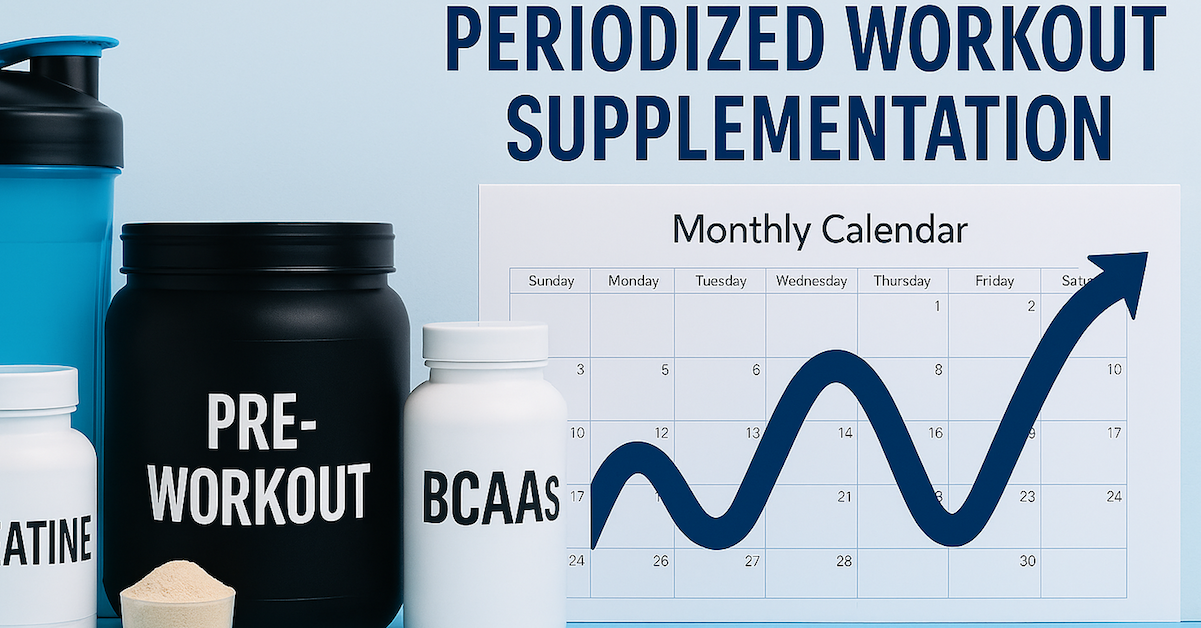Rheo Blair, a legendary nutrition guru, once advised taking as many as 500 supplement pills per day to meet nutrient needs. Among them was calcium, which he recommended consuming with meals—especially when eating red meat—to improve the calcium-to-phosphorus (Ca:P) ratio. Blair believed that the high phosphorus content in meat could disrupt the ideal 2:1 Ca:P ratio, leading to what he called “phosphorus jitters”—symptoms like anxiety, fatigue, insomnia, and restlessness.
Blair’s calcium supplements (Calcium Plus and Calcium P-F) suggested a modest 2–5 pills per day, but he and his followers were known to consume handfuls. As Howard Sanford Young wrote in Iron Man (May 1967):
What did Rheo have for lunch? Well, first of all, we entered the restaurant with Rheo carrying a bottle of hydrochloric acid tablets and some calcium capsules. He placed them on the table and then proceeded to order some ox-joints for all of us…
Blair wasn’t alone in his beliefs—other authorities from the 1950s and 1960s also recommended calcium, including Professor E.M. Orlick (Muscle Builder, October 1959), Dr. Frederick Tilney (Muscle Training Illustrated, September-October 1966), and Bob Hoffman (Muscular Development, August 1969). Many believed calcium played a crucial role in muscle growth.
But that was then, and this is now.
The Risks of Calcium Supplementation
Recent studies suggest serious health risks associated with calcium supplementation. A quick internet search on the dangers of calcium supplements might raise your cardiac risk just from reading the results!
For a detailed review of the literature, check out this article by functional medicine practitioner Chris Kresser. And if you want even more insight, listen to Dr. Ron Rosedale in the following video:
It makes you wonder—did excessive calcium supplementation contribute to Blair’s untimely death at 62? Some speculate it was hepatitis, others heart disease, but could calcium have played a role? The answer will remain a mystery.
The Real Missing Nutrient
Rather than calcium, magnesium may be the more critical nutrient for bone and heart health. In fact, taking calcium supplements may disrupt the calcium-to-magnesium (Ca:Mg) ratio, which is potentially more important for overall health than the calcium-to-phosphorus ratio.
Getting sufficient calcium from diet alone isn’t difficult, particularly if you eat nutrient-dense foods like:
- Dark leafy greens (spinach, kale, collards, bok choy, broccoli)
- Seeds and nuts (sesame seeds, quinoa, almonds)
- Fish (sardines, salmon, perch, rainbow trout)
- Bone broth (if prepared properly with a splash of vinegar to extract minerals)
And if bone density is a concern, regular weight training helps maintain positive calcium balance.
Magnesium, on the other hand, is much harder to obtain. Even with supplementation, it can take a while to restore optimal levels due to factors like poor absorption, excessive sweating, and stress, all of which deplete magnesium.
Blair recognized the importance of magnesium and included it in his clients’ nutrition plans, but he never sold it as a retail product. His reasoning? “The dosage was so high, the FDA would probably not pass it!”
Zinc Deficiency and Mineral Interactions
Zinc is another commonly deficient mineral, particularly in athletes. This is one reason ZMA supplements have remained popular for years. Since calcium can reduce zinc absorption by up to 70%, the label on most ZMA products warns:
For best results, avoid taking with foods or supplements containing calcium.
From experience, zinc levels can be restored fairly quickly, but magnesium is a different story. Supplementing with ZMA can be beneficial, especially for athletes, but it’s wise to cycle on and off periodically. Taking it indefinitely without testing is like throwing darts while blindfolded—you have no idea where they’ll land!
A healthcare professional can help assess your mineral status and ensure you’re supplementing appropriately.
A Delicate Balancing Act
The bottom line? An imbalance in minerals can hinder both health and performance—too much or too little of any mineral is not ideal. Many minerals interact in a “seesaw” fashion—as one rises, another falls. Balance is key.
Supplementing a specific mineral may be fine for a short period (1–3 months), but long-term use without testing can be detrimental—not just for health and longevity, but also for muscle growth and strength.
It’s true that grains and grain-fed meats are acidic, so taking an alkalizing mineral like calcium with these meals might help buffer acidity. But if you’re eating grass-fed meat, the equation changes.
For most people, dietary calcium from whole foods, a quality multivitamin/mineral supplement, and regular strength training are more than enough to meet their needs. The occasional calcium supplement won’t hurt, but regularly popping calcium pills? That’s another story.
Rheo Blair got a lot of things right in nutrition. But when it comes to calcium, was he dead wrong?
Blair is no longer with us, but his principles live on—and this calcium debate may be one final lesson he unknowingly left behind.

How to Periodize Workout Supplements for Better Gains and Recovery
Research shows that undulatory, or wave-like, periodization is highly effective. Alternating between periods of higher intensity (intensive phases) and periods

Why the FDA’s Red Dye Ban Should Make You Rethink Your Vitamins
The U.S. Food and Drug Administration (FDA) recently announced a ban on red dye No. 3 in food and oral

Hydration Essentials for High-Protein, Low-Carb Diets: Fuel Your Body Right
When you’re exercising regularly on a high-protein, low-carb diet, hydration becomes even more crucial. Lower-carb diets mean you’re missing out
follow
Error: No feed with the ID 2 found.
Please go to the Instagram Feed settings page to create a feed.
